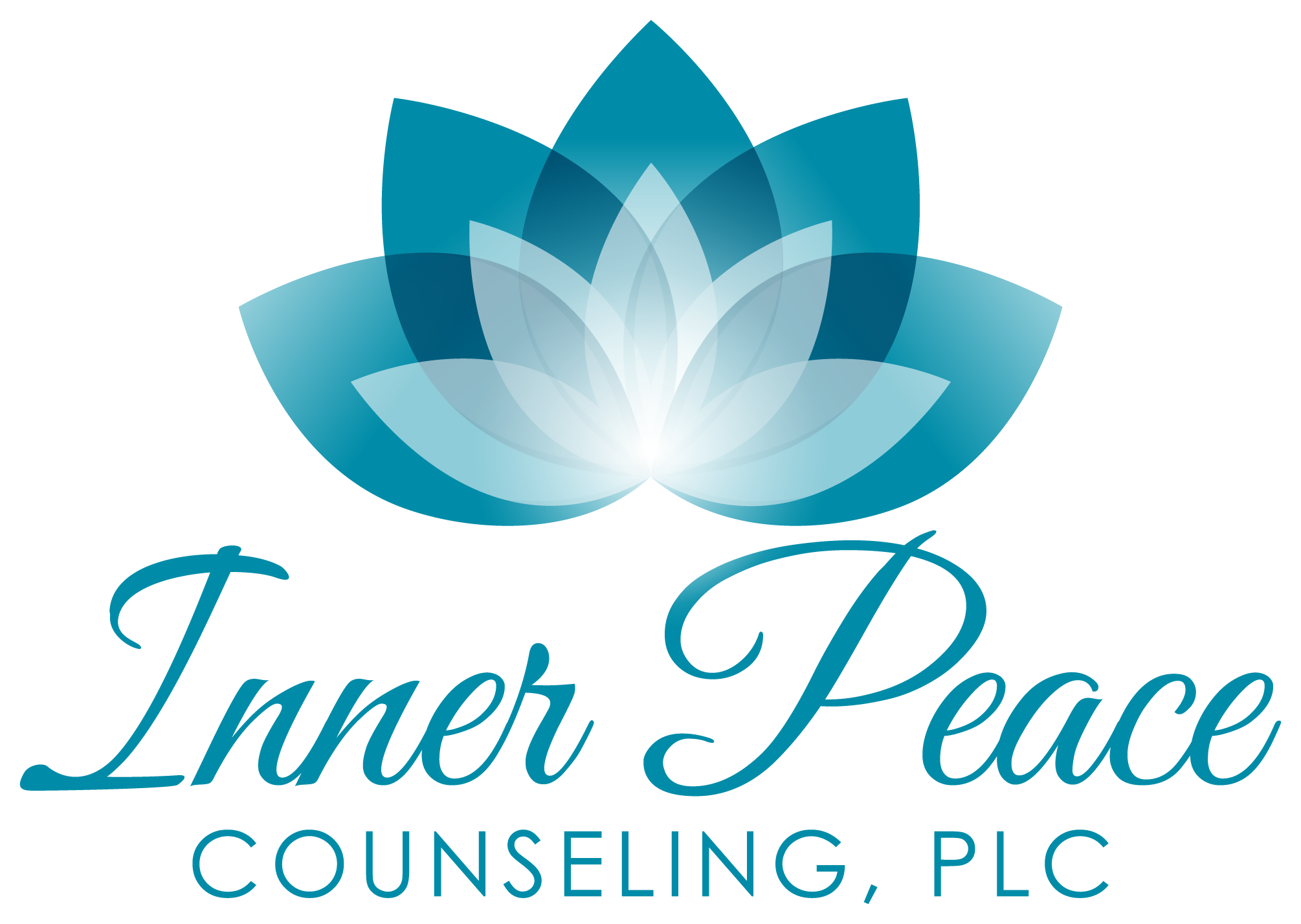The Missing Link in Disordered Eating and Food Addiction Treatment: The Spirit – Part 3

By: Ashley Carter Youngblood
Categories:
Tags:
The Missing Link in Disordered Eating and Food Addiction Treatment: The Spirit – Part 3
Continued from “Part 2” and as published in Kalamazoo’s Moxie Magazine, November 2021 edition.
Components of Healthy Eating
No matter what food you are putting in your mouth, there are qualities that make any nutritional philosophy (regardless of the actual content of your nutrition) supportive. So, the reality of having a healthy relationship with food is that it is not about the components on your plate that matter most, but the components of your Spirit as you eat.
Here are central concepts of healthy eating to help bring you into wholeness:
Intention – Eat with intention. Ask yourself “Am I hungry?”. If you are, then eat. Even if your body is telling you that you do not need fuel but still want to eat for joy, bring intention to this.
Mindfulness – When you eat, feel your body eating. Avoid distractions. Taste your food. Sit at a dining table (and not your work desk) to eat.
Self-awareness – Take mindfulness a step further and check-in on if the food you consumed helped or hindered your physical and emotional health. The reality is that, while foods are not clearly “good” or “bad,” there are foods that immediately cause inflammation in the body. And, when you tap into how your body, mind, and spirit feels after you consume something, you can get insight on what your body needs from you in the future.
Experimental – No one else has your body, mind, and spirit. So, experiment to find out what foods make you feel good and which ones do not; in addition to how the timing and amount of what you consume contributes to that food being either helpful or hurtful.
Symbolic – Food is not just food. How we feel about ourselves represents how we view ourselves in the world around us related to things like love, safety, and self-worth. Do the emotional work of being honest with your self about what really is going on when you are consuming something. Is your craving a biological need for healing (e.g. chicken soup when you feel ill) or is it an emotional yearning (e.g. to eat your mother’s favorite food on the anniversary of her death)?
Considerate – Our digestive system cannot appropriately digest or absorb nutrients when we are in a stressed state. So, consider how the quality of the food, timing of the meal, setting of your eating location, and the amount of the food you are eating is impacting you in the moment.
Strategic – Our bodies are constantly growing and shifting. We do not need the same food that we needed at birth. So, explore what phase your body is in (e.g. does it need to heal directly from a medical condition or is it more about continuing to feel as good as you do) and what the purpose of food is for that time that you are eating.
Personalized – Avoid comparisons or jumping on the “trendy” bandwagons. Allow yourself to eat to help your body feel and perform its best, regardless of what is trending on social media.
Seasonal – Tap into your body’s innate seasonal needs (e.g. “warming” foods in winter; more water in summer) for ideal nourishment.
Local – Vote with your fork by getting your quality foods from those who are local to you and can contribute to your community of healthy eaters.
Communal – Eating has always been and will always be a communal act. We cannot separate food preparation from social interactions or love. Allow yourself the joy of relationships when you dine. Allow eating to be an experience with yourself and with others.
Connected – Each living thing (e.g. bacteria, plants, animals, and even us) both will eat and be eaten. Allow yourself to acknowledge how eating is a reminder of the interconnectedness of all things. What a beautiful role you play in it all!
Moderation – If confusion persists, return to the old adage of “Everything in moderation.”
(Permission to be) Spontaneous – Sometimes you will eat when you are not hungry. Sometimes you will eat that thing that you know does not make you feel your best. Give yourself permission to be spontaneous and practice eating with the simple joy of a child.
Broad-minded – Foods are not either “good” or “bad.” True, they may be either helpful or hurtful to our unique biochemistry (e.g. allergies). But, expand your view of food beyond judgements or even a set of organic chemical compounds that represent your “Recommended Daily Value” of something.
Liberating – When you make the choice to eat, after eating, let that meal go. Allow yourself to not only physically digest it but to emotionally digest it. Relinquish any shame or guilt as you return to the rest of your life; reminding yourself that eating is only a component of who you are.
Joyful – Eating does not have to be torture. Allow eating to be joyous again. Find out what this means for you.
Non-judgmental – Sometimes we make decisions that are supportive of our mind, body, and spirit and sometimes we do not. But, feeling intense anxiety about avoiding eating that brownie or feeling guilty the entire time you ate that slice of cheese is going to change how that food is (or is not) integrated into your system. Be kind to yourself and just let go of the judgement. It is in awareness, not a set of “food rules” or a list of “good foods” and “bad foods” that we find freedom. This, at its core, is unconditional and radical self-love.
Find Holistic Care
Wherever you are on your journey, find someone who supports you being your own best doctor. No provider, no matter how smart or how many certifications they have, can replace your own knowledge of your own body. We also do not heal in isolation. We all need loved ones to support us as best they can on our journey. So, have the courage to get the support that you need so that you can holistically heal your relationship with food and forever overcome your disordered eating and food addiction – mind, body, and Spirit!
~Ashley Carter Youngblood, LMSW, LMFT, CADC, ADS, CIMHP
 Ashley Carter Youngblood is a licensed Clinical Social Worker, licensed Marriage and Family Therapist, and a Certified Integrative Mental Health Professional who has been in the field since 2007. She offers counseling at her woman-owned business, Inner Peace Counseling, PLC, for those in Kalamazoo, Portage, Mattawan, Battle Creek, Paw Paw, and the surrounding areas of Southwest Michigan. She is passionate about her work with clients, whether it’s providing individual counseling, couples counseling, family therapy, life coaching, or education about one of her growing passions and areas of expertise: the connection between nutrition and mental health. Her specialties include holistic healing/mindfulness, counseling for women, anxiety, couples counseling, and addictions/substance abuse.
Ashley Carter Youngblood is a licensed Clinical Social Worker, licensed Marriage and Family Therapist, and a Certified Integrative Mental Health Professional who has been in the field since 2007. She offers counseling at her woman-owned business, Inner Peace Counseling, PLC, for those in Kalamazoo, Portage, Mattawan, Battle Creek, Paw Paw, and the surrounding areas of Southwest Michigan. She is passionate about her work with clients, whether it’s providing individual counseling, couples counseling, family therapy, life coaching, or education about one of her growing passions and areas of expertise: the connection between nutrition and mental health. Her specialties include holistic healing/mindfulness, counseling for women, anxiety, couples counseling, and addictions/substance abuse.
I welcome you to contact me or leave any questions or feedback you have about this post. Please keep in mind that the above information is the opinion of an individual, should not be considered medical advice/treatment, and is for entertainment/educational purposes only. I write these blogs as an expression of my passion for wellness and with the hope to be able to help as many people as possible. So, for more information about how to safely navigate this website and to what terms you are agreeing upon use, visit my Disclaimer page. And, as always, if you are experiencing an emergency, contact 911 or present yourself to your nearest emergency room.
Thanks for reading.
